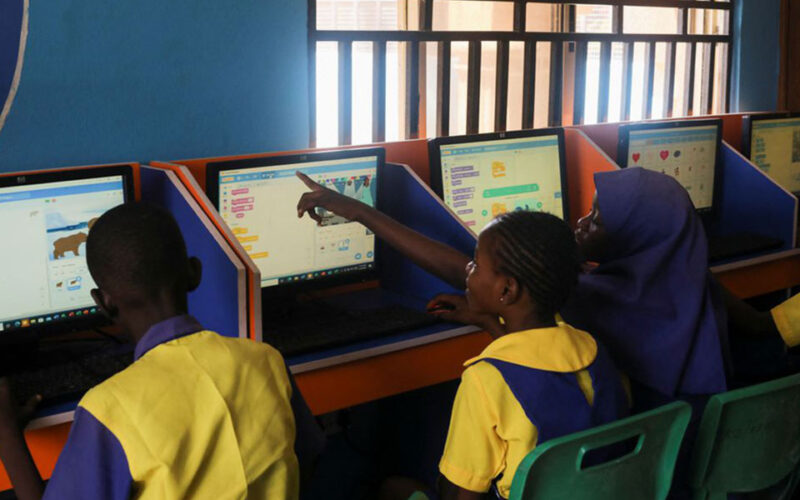
For 25 cents a day, poor Nigerians get a shot at science education
ABRAHAM ACHIRGA A Nigerian school is targeting students from poor families to give them a chance to excel at science, maths and engineering for a fee of 100 naira (25 cents) a day, hoping they can hone skills to help their families escape poverty. One student, 12-year-old Faridat Bakare who enrolled at Knosk Secondary School in Abuja in 2020, a year after it opened, has set her sights on becoming an engineer. In a technical laboratory at the school, she shows off a prototype for a solar-powered car made from cardboard, which she developed with her classmates. "I want to…

